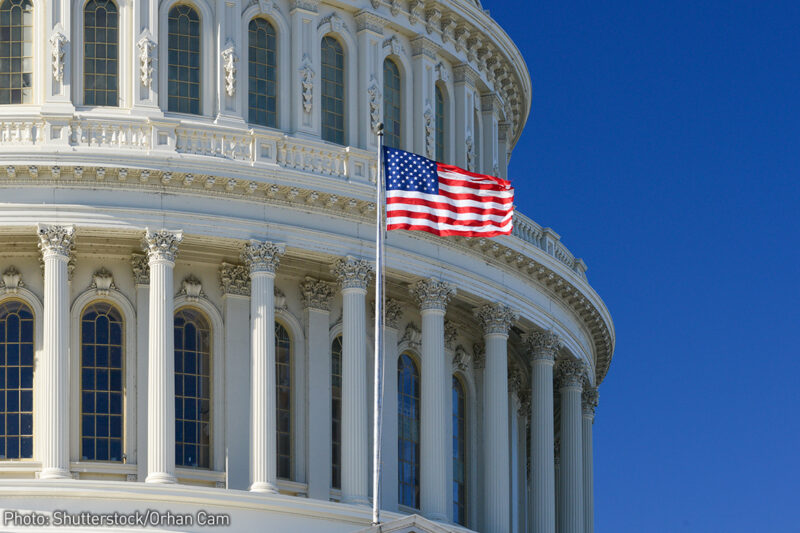
The Senate is in gridlock ã but the tide is shifting in favor of surveillance reformers.
The showdown between hawks and reformers was on full display over the weekend, as the Senate took up two separate bills to address the looming Patriot Act expiration deadline.
The first, the USA Freedom Act, offers modest reforms to NSA surveillance authorities but does not go nearly far enough. The second, a two-month extension of the expiring provisions, ostensibly preserves the law that has been misconstrued to allow mass spying.
Both fell shy of the 60 votes needed to proceed under Senate rules.
But, the bigger surprise: even with a deadline looming, warnings of impending doom from surveillance justifiers, and pressure from Senate leadership, the extension received less support than the reform bill.
In other words, more senators believe that the prospect of completely losing some surveillance authority is less damaging than allowing the government to continue its current surveillance practices.
This is a seismic shift from where our country was just years ago. To put it in context, in 2011, a four-year extension easily passed both chambers and was barely a blip in the news cycle.
What's different this time around?
For one, the public. In the wake of 9/11, and the panic that ensued, the public was overwhelmingly supportive of the Patriot Act and the country's counterterrorism policies. In 2003, only of people were concerned by the Patriot Act. Today, of Americans support reforming the Patriot Act, and over 80 percent are concerned by the fact that the government can access intimate information about Americans without a warrant.
With the weekend's vote, Congress is still a step behind the public. Notably, however, many of the Republicans who bucked leadership to vote for reform were newly elected in 2014 ã meaning public opinion may be starting to shift Congress.
Two, we now know about the government's illegal activity. Congress has reauthorized provisions of the Patriot Act four times ã in 2005, 2006, 2009, and 2011. But, this is the first time they have considered them with eyes wide open.
As a result of Edward Snowden's disclosures, we now know that our surveillance systems are so massive that they leave no American untouched. "Collect it all" is the NSA's motto and they have been doing just that. Call records, emails, financial records ã all have been swept up in bulk. And, as a federal court ruled earlier this month in relation to the call record program, the government has been operating illegally.
Finally, the intelligence agencies' fearmongering is increasingly falling flat. By exposing the NSA's activities, Snowden not only triggered a debate, he also forced the government to try and justify the effectiveness of some of the domestic spying programs. And, they can't.
An independent analysis of the call records program ã where the government collected information about all calls made in the country for over a decade ã revealed that it had never made a concrete difference in any terrorism investigation. And, a recently released Justice Department Inspector General's report showed that FBI agents couldn't identify any major case developments that had resulted from information received under Section 215 ã one of the laws currently being considered by Congress.
Any other federal program that had failed so miserably would have been scrapped long ago. And, in the face of this data, Congress is finally considering doing just that.
The Senate returns to the Capitol on May 31 ã just eight hours before provisions of the Patriot Act are set to expire. And, after the latest vote, it is clear that the scale no longer tips in favor of maintaining the dismal surveillance status quo. Congress has to enact far reaching reform or allow provisions of the Patriot set to expire to sunset. Otherwise, they risk being seen as increasingly irrelevant and out of touch with the public.
This piece was originally published by .

